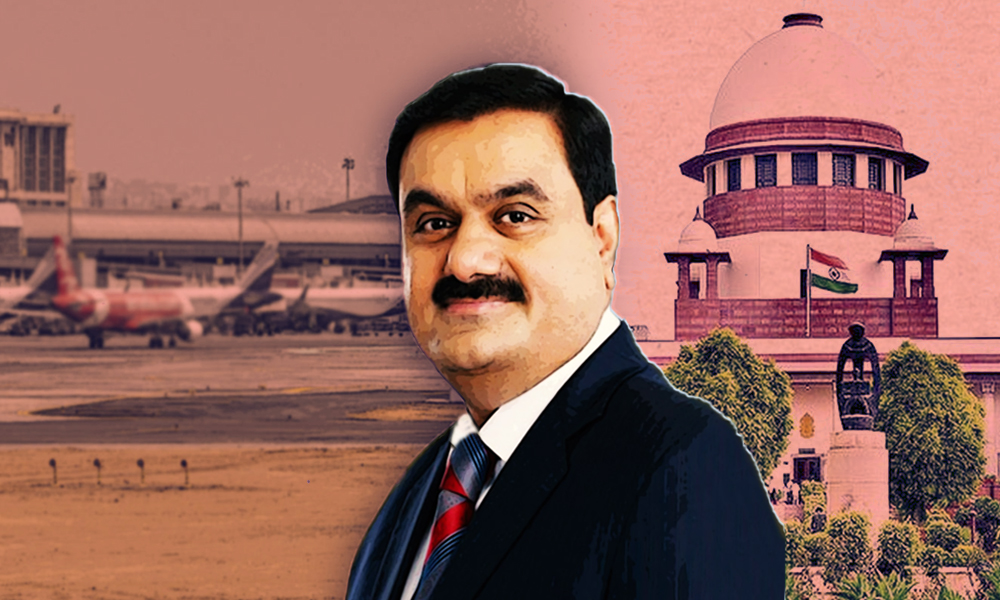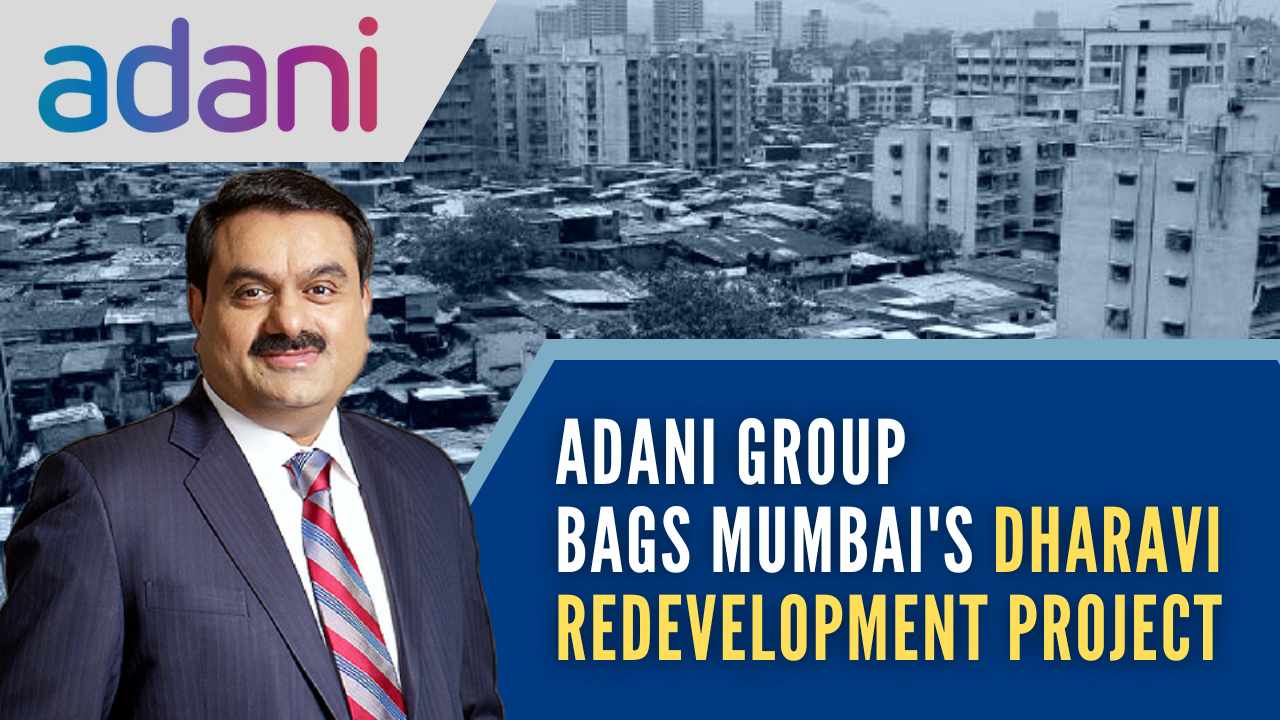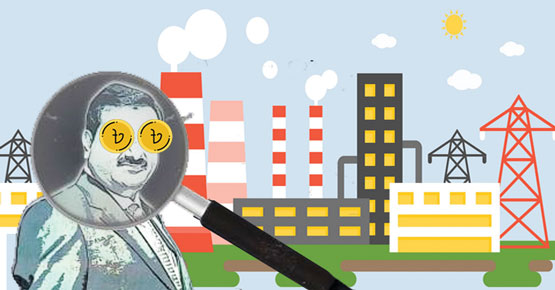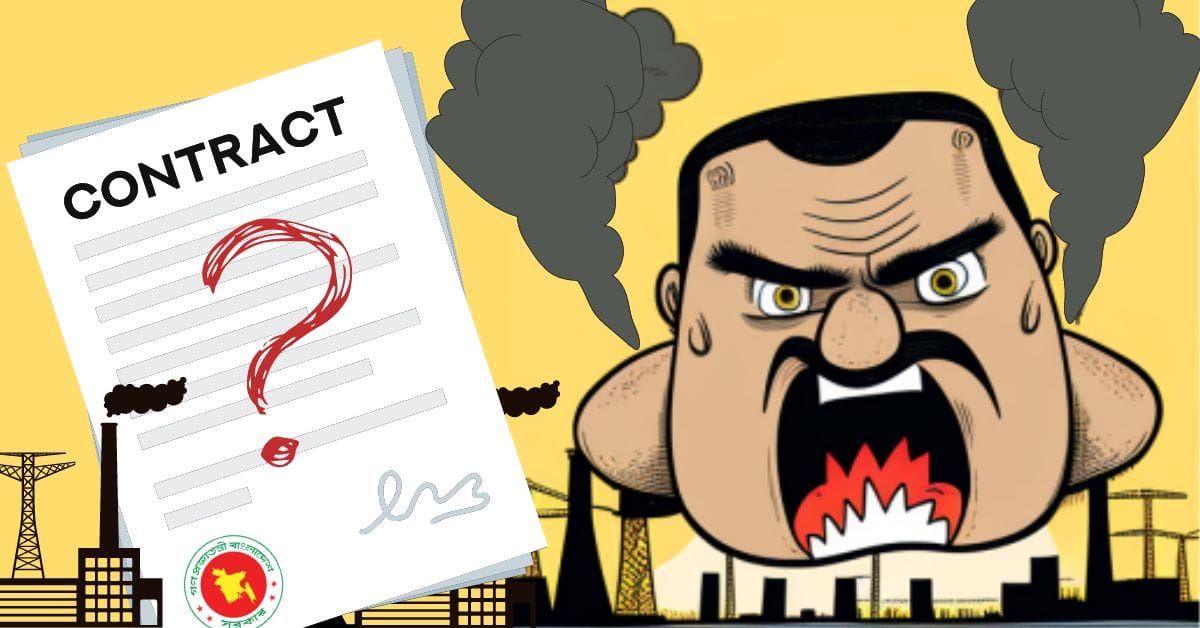India’s Adani is now under the scrutiny of the corporate affairs ministry as they begin an investigation into the financial records of the Adani Group’s two airports in Mumbai.
This marks the continuance of a challenging period for billionaire Gautam Adani, who has seen his corporate empire face significant setbacks; his wealth has plummeted by $108 billion following allegations of stock manipulation and accounting fraud made by the US short-seller Hindenburg Research in a report dated January 24.
Despite Adani’s attempts to refute these claims, investors remain unconvinced, leading to his fall from the second spot on the Bloomberg Billionaires Index to the twenty-first.
Adani Enterprises disclosed that the Indian corporate affairs ministry is currently looking into the financial records of two airports in Mumbai, namely Mumbai International Airport Ltd and Navi Mumbai International Airport Ltd; the investigation pertains to the financial years 2017-18 and 2021-22.
Notably, Adani already owns and operates seven airports, including Mumbai’s Chhatrapati Shivaji Maharaj International Airport, which it assumed control of in 2021.
The Adani Group had previously acquired six airports as part of the government’s privatization efforts in 2019 and is currently working on the development of a new airport in Navi Mumbai on the outskirts of the financial hub.

A Flurry Of Investigations
This investigation is the latest in a series of challenges that the conglomerate has faced since Hindenburg Research’s accusations earlier in the year, which included allegations of offshore tax havens and stock manipulation.
While a probe by India’s markets regulator, SEBI, into these allegations, did not yield significant findings, recent reports have raised concerns about Adani Group’s coal imports at prices sometimes double the market rates and the use of offshore funds by Adani family partners for investment in the group’s stocks.
In addition to these investigations, India’s Ministry of Corporate Affairs initiated its own investigation into Adani Group’s financial statements in February.
Uncertain Future
Questions are now emerging regarding the future of multi-billion projects led by Gautam Adani’s companies.
In Mumbai, Adani is involved in three key projects: the Dharavi Redevelopment Project (DRP), the Navi Mumbai International Airport, and the expansion of the electricity distribution business in Navi Mumbai; however, the developments have been impacted by the recent turmoil following Hindenburg’s allegations, with some projects possibly facing delays.
Officials have stated that the signing of the memorandum of understanding between the Maharashtra government and Adani, initially scheduled for this month, is now uncertain.
Furthermore, the Maharashtra Congress is calling for the company’s removal from the DRP and a closer examination of the ongoing construction of the Navi international airport.

Mega Projects
One of Adani’s notable projects includes the redevelopment of Dharavi, which aims to rehabilitate one million inhabitants over 17 years.
Apart from this, the Adani conglomerate operates Mumbai’s international airport and is involved in the construction of Navi Mumbai’s international airport, a project taken over from the GVK group.
Adani Airport Holdings Ltd also has plans to commercially utilize land currently occupied by Air India quarters and hangars.
Adani’s ventures into power distribution beyond Mumbai’s western suburbs have also come under scrutiny; in 2018, Adani Power Limited took over electricity distribution in Mumbai suburban and Mira Bhayander from Anil Ambani’s Reliance.
The profitable venture for Anil Ambani has faced challenges since, and Adani Electricity Mumbai Limited applied for a distribution license for Navi Mumbai and Thane in 2022, meeting resistance from the state-owned electricity company’s employees.
The Maharashtra Electricity Regulatory Commission is currently examining this proposal; at the same time, Adani Electricity Mumbai Limited’s CEO, Kandarp Patel, maintains that the rout of Adani shares will not affect their work.

The Fall From Grace
The Hindenburg Report – those two words sparked a storm that has continued to batter the once-mighty Adani Group, sending tremors through India’s corporate landscape.
Since then, billionaire tycoon Gautam Adani, whose name had long been synonymous with success and expansion, has found himself in a maelstrom of crisis as the allegations unleashed by the report took a devastating toll on his empire.
Not only did the report erode Adani’s colossal wealth, but it also shattered his credibility as the leader of a conglomerate that had, until then, been held in high regard.
The Hindenburg Report accused the Adani Group of stock manipulation and accounting fraud, and its release on January 24, 2023, triggered a dramatic fall in the group’s market value.
A staggering $108 billion in value was wiped away, shaking the very foundations of Adani’s corporate edifice; however, the Adani Group’s attempts to refute these allegations failed to reassure investors, and Gautam Adani, who had once been ranked as the world’s second-richest person, tumbled to the 21st position on the Bloomberg Billionaires Index.

Will SEBI’s Clean Chit Stand?
What makes this even more intriguing is the fact that the Securities and Exchange Board of India (SEBI), India’s apex regulator for the securities market, has seemingly given Adani a clean chit, or at least something close to it.
A probe into the allegations by India’s markets regulator yielded results that some have called inconclusive, thus raising questions about the regulatory process and whether the complexity of the matter obscured certain crucial details.
The Viewpoint, Political Angle
As the dust of these allegations continues to settle, one cannot help but speculate on the political dimensions that might be at play.
With the 2024 elections looming on the horizon, India’s political landscape adds another layer of intrigue to the situation; some are left wondering if the actual probe into Adani will gain momentum only after these elections, particularly if there is a change in the central government.
The Bharatiya Janata Party (BJP), in power at the time, has often faced allegations of being too cozy with corporate giants like the Adani Group.
Whether Adani will face the full force of regulatory scrutiny or continue to operate under a cloud of uncertainty will depend, to some extent, on the political winds that blow through India’s corridors of power.

The Last Bit,
What began with the Hindenburg Report’s damning accusations has unfolded into a multi-faceted crisis, threatening both Adani’s wealth and reputation.
The Adani Group’s troubles have placed it at a critical crossroads; the ongoing investigations and allegations have cast a shadow over its financial activities, significantly erasing market value. In addition to regulatory scrutiny, several high-profile projects in Mumbai face potential delays and uncertainties.
The role of SEBI in this narrative remains a subject of debate, and the potential impact of the 2024 elections on the investigations casts a shadow of uncertainty over the conglomerate’s future.
As we watch the unfolding events, one thing is clear: the outcome of these investigations and the impact on Adani’s projects will undoubtedly shape the group’s trajectory in the coming years.



